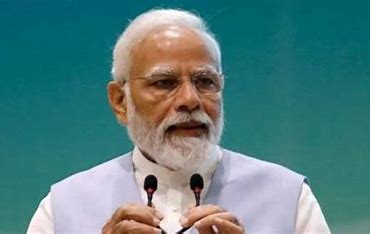
MP Kartikeya Sharma has been consistently raising issues affecting farmers, women, youth, and various other sectors. In his latest parliamentary session, he addressed the matter of semiconductor chip manufacturing companies, their established capacities, and transistor density.
Sharma posed questions in the parliament regarding the primary government and private companies involved in semiconductor chip manufacturing, their installed capacities, and the manufacturing capacity concerning transistor density. He also inquired about the global standards for transistor density and the current capacity of the country in this regard. Additionally, he questioned the government’s steps to provide advanced resources, funding, and technology access to Indian industries engaged in chip manufacturing.
In response, Minister of State for Electronics and Information Technology, Jitin Prasada, informed that the government has approved the Semicon India program with a total outlay of ₹76,000 crore for developing a semiconductor and display manufacturing ecosystem in the country. The program aims to provide financial assistance to companies investing in the semiconductor, display manufacturing, and design ecosystem.
Under this program, the following four schemes have been initiated:
Modified Scheme for Establishment of Semiconductor Fabs in India: This scheme provides 50% fiscal support of the project cost for establishing silicon CMOS-based semiconductor fabs in India.
Modified Scheme for Establishing Display Fabs in India: This scheme offers 50% fiscal support of the project cost for setting up display fabs in India.
Modified Scheme for Compound Semiconductors/ Silicon Photonics/ Sensors Fab/ Discrete Semiconductors Fab and Semiconductor Assembly, Testing, Marking, and Packaging (ATMP)/ Outsourced Semiconductor Assembly and Test (OSAT) Facilities: This scheme provides 50% fiscal support of capital expenditure for establishing compound semiconductor/ silicon photonics (SiPh)/ sensors (including MEMS) fabs, discrete semiconductor fabs, and semiconductor ATMP/ OSAT facilities.
Design Linked Incentive (DLI) Scheme: This scheme provides product design linked incentives covering up to 50% of eligible expenditure, with a maximum limit of ₹15 crore per application, and deployment linked incentives ranging from 4% to 6% of net sales turnover over five years, with a maximum limit of ₹30 crore per application.
The government has also approved the modernization of the Semiconductor Laboratory in Mohali as a brownfield fab. Under the Semicon India program, four semiconductor units have been approved with a total investment of Rs 1,48,746 crore.















